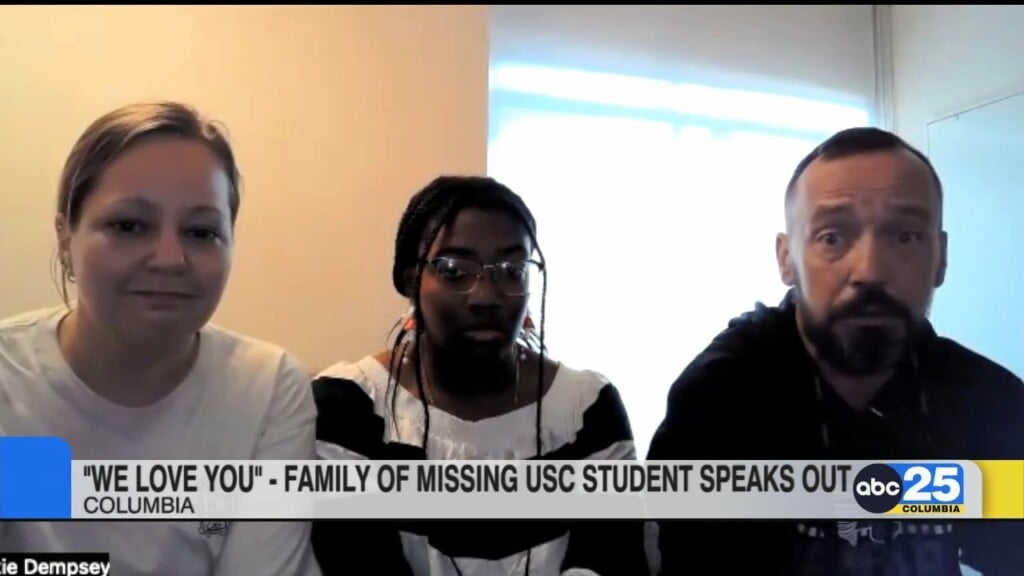WATCH: The Midlands Sees Rise in Preventable Birth Defects
After years on the decline, new South Carolina moms experienced an increase in preventable birth defects last year
COLUMBIA, S.C. (WOLO) – After years on the decline, new South Carolina moms experienced an increase in preventable birth defects last year. The rise, is cause for concern for the health professionals working to make sure this does not happen.
The South Carolina Birth Defects Prevention Program tracks the mothers and children who make up these statistics.
37-year-old Elgin mother of four, Adele Dixon, has taken part in the program ever since her son, Barry, now eight, was born with encephalocele, a rare disorder in which the bones of the skull do not completely close. The prognosis for people with the neural tube defect are not good.
If Barry survived, doctors told Dixon and her husband, he would most likely be severely disabled.
“It’s funny because you always thing you want a healthy baby, but for us, it was I just want my baby,” Dixon said.
After brain surgery at two weeks, Barry defied the odds.
“You just never know,” Dixon said. “I did all the right things. I saw the doctor. I took prenatal vitamins.”
The birth defects program was started 24 years ago to help moms like Dixon. Statewide Program Coordinator Jane Dean, RN says they’ve gotten neural tube birth defects, like encephalocele, spina bifida and anencephaly down 60 percent.
In 2015, however, the steady decline took a turn.
“Our rates have gone up in the Midlands and Coastal area,” Dean said.
Last year, 33 moms statewide gave birth to babies with birth defects that could’ve been prevented, if mom was taking folic acid.
The Centers for Disease Control and Prevention says that taking folic acid before getting pregnant and in early pregnancy, lowers your risk of having a baby with birth defects.
Whether moms do not know this, or simply are ignoring it, Dean says the program is taking the rise very seriously.
“Because it has become an increase,” Dean said, “we have been alerted that we need to do more education.”
The program launched a new ad campaign and is doing more community outreach.
“Just making sure you’re eating healthy. and then taking the multivitamin every single day,” Dean said.
When Dixon decided to have another baby last year, she worked with the program to up her folic acid intake. The family welcomed a healthy baby girl, Baylor, in December.
For more information about the program, including how much folic acid you should be taking as a child-bearing-aged woman, visit the program’s website here.
Have a question you’d like answered right now? Call 1-800-6-SOMEDAY.

